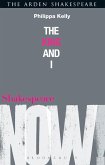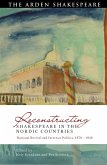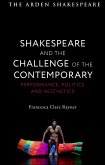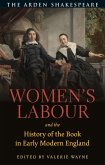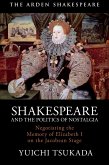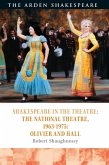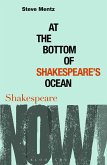By connecting Shakespeare's language to the stunning artwork that depicted the end of the world, this study provides not only provides a new reading of Shakespeare but illustrates how apocalyptic art continues to influence popular culture today.
Drawing on extant examples of medieval imagery, Roger Christofides uses poststructuralist and psychoanalytic accounts of how language works to shed new light on our understanding of Hamlet, Othello, Macbeth, and King Lear. He then links Shakespeare's dependence on his audience to appreciate the allusions made to the religious paintings to the present day. For instance, popular television series like Battlestar Galactica, seminal horror movies such as An American Werewolf in London and Carrie and recent novels like Cormac McCarthy's The Road. All draw on imagery that can be traced directly back to the depictions of the Doom, an indication of the cultural power these vivid imaginings of the end of the world have in Shakespeare's day and now.
Drawing on extant examples of medieval imagery, Roger Christofides uses poststructuralist and psychoanalytic accounts of how language works to shed new light on our understanding of Hamlet, Othello, Macbeth, and King Lear. He then links Shakespeare's dependence on his audience to appreciate the allusions made to the religious paintings to the present day. For instance, popular television series like Battlestar Galactica, seminal horror movies such as An American Werewolf in London and Carrie and recent novels like Cormac McCarthy's The Road. All draw on imagery that can be traced directly back to the depictions of the Doom, an indication of the cultural power these vivid imaginings of the end of the world have in Shakespeare's day and now.



